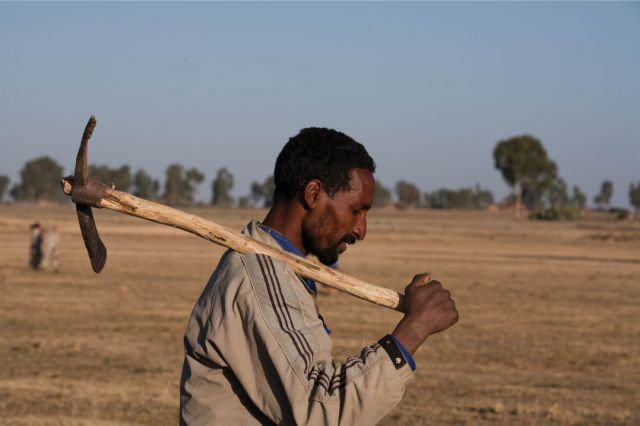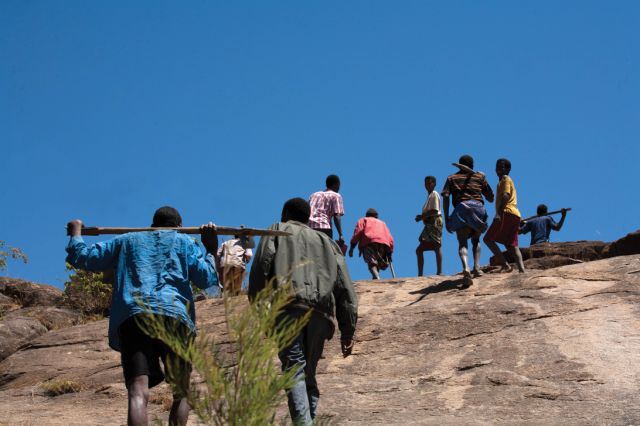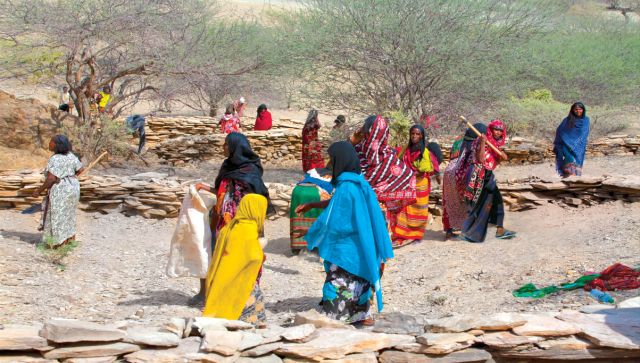23rd December 2011
Poverty matters
I arrived in Addis Ababa just a week ago, as British Ambassador to Ethiopia. And one of the first things I wanted to do was to see how British development assistance is working in this very poor country – but one that is making impressive progress towards meeting the Millennium Development Goals.

So on Wednesday I journeyed with colleagues from the UK Department for International Development (DFID) down into the Southern Nations, Nationalities and People’s Region to see what this means in practice. We were visiting Selti “woreda” (district), about 150 kilometres from the capital.
I witnessed work in progress in four of DFID’s main programmes:
- The Protection of Basic Services (PBS) Programme that delivers education, health, agriculture, rural roads and water through local governments. Here I had a chance to visit an impressive Farmer Training Centre and talk to farmers learning to improve agricultural production.
- The General Education Quality Improvement Programme which, together with the PBS, is improving delivery of education through more teachers, smaller classes, more enrollments and enhanced quality of inputs (textbooks etc). We saw a Primary School in action, full of bright, engaged children. DFID support has ensured an extra 1.7 million children are in primary school and 146,000 more in secondary school.
- The Health Extension Programme, which deploys Health Workers in rural communities to assist and educate local people – I met a couple of them at a Health Post. DFID support has ensured for example that 1.3 million couples have access to family planning; 335,0 00 skilled births have been attended; and 200,000 children have been vaccinated against measles.
- The Productive Safety Net Programme, which deals with the underlying causes of food insecurity – providing food and cash transfers to 7.5 chronically food insecure people (1.24 million of them benefitting from DFID’s contribution). In return, assisted families help with public works: I saw a programme to improve degra ded land, combating soil erosion and returning the land to agricultural status.

These programmes contribute to an integrated approach to addressing the extreme poverty in which 30 million Ethiopians currently live. There are many challenges ahead, but the country is showing that it can absorb aid and use it well. I came away from Selti feeling optimistic, having met many committed officials and beneficiaries who spoke movingly of how these programmes were making a profound difference to their lives. I am now looking forward to finding out later how DFID is making a real difference in other areas of Ethiopia.

This report has moved me — you are truly a Missionary Ambassador!! Happy New Year and Good Luck!